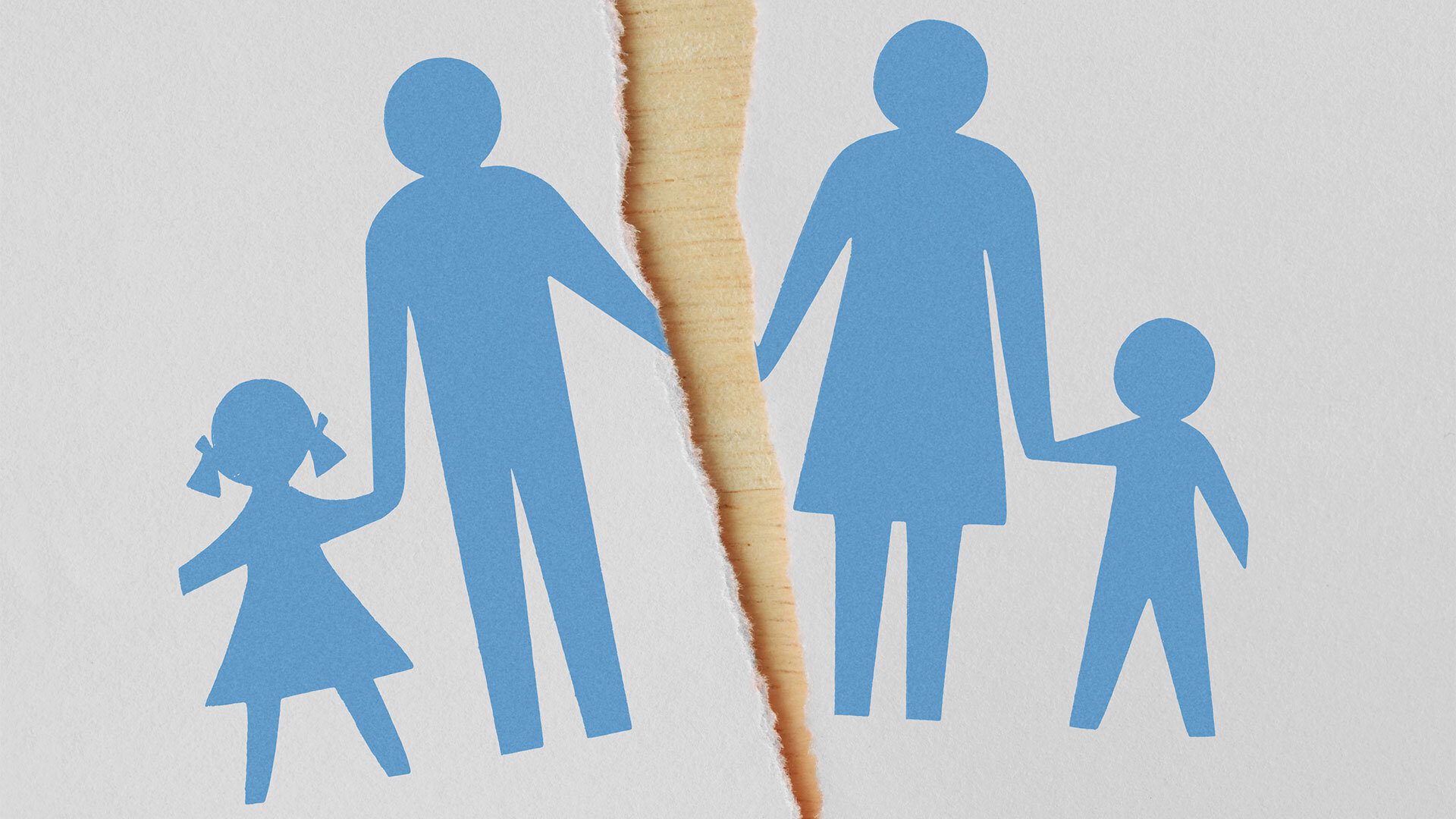- May 29, 2025
- By Laura Ours
American children whose parents divorce when they are 5 or younger have marked disadvantages over the life course, including reduced earnings and an increased likelihood of experiencing a teen pregnancy, incarceration and early death, according to new research led in part by a University of Maryland economist.
The study found that after a divorce, parents move apart, household income falls, parents work longer hours, families move more frequently and households relocate to poorer neighborhoods with less economic opportunity, leading to children’s long-term struggles to financially and socially recover.
“These changes in family life reveal that, rather than an isolated legal shock, divorce represents a bundle of treatments—including income loss, neighborhood changes and family restructuring—each of which might affect children’s outcomes,” wrote the authors of the working paper made available by the U.S. Census Bureau, including Associate Professor Nolan Pope of UMD’s Department of Economics, Andrew C. Johnston at the University of California, Merced and Maggie R. Jones of the Census Bureau.
Nearly a third of American children experience parental divorce before adulthood. To understand its long-term consequences on them, the researchers linked data on more than 5 million children born between 1988 and 1993 from federal tax records, the Social Security Administration and the Census Bureau to compare siblings with different lengths of exposure to the same divorce.
The authors found that household income drops by half as families divide into separate households, and the members of those households only recover about half of their initial income loss over the next decade.
In addition, the probability of moving nearly triples, and families relocate to neighborhoods with lower incomes. Half of the parents remarry within five years, introducing stepparents to children’s lives, and adding more dependents to the household after divorce, Pope said.
The researchers found that both parents adjust their labor supply after divorce as well, with mothers working 8% more hours and fathers 16% more hours after divorce. “As such, a lot of things within family life change after a divorce occurs,” Pope said.
The changes in household income, neighborhood quality and parent proximity account for 25 to 60% of the later divorce effects.
The effects on children who experience a parental divorce before the age of 5—compared to those who do in their 20s—are “fairly large,” said Pope. He compared the reduction in income to that of attending one fewer year of school. Similarly, experiencing a parental divorce before the age of 5 increases teen births by roughly 60%. Mortality increases as much as 55%.
Recognizing there are nuances and personal struggles that are impossible to study or to quantify, Pope acknowledges that the study does not examine the costs of staying in an unhappy or harmful marriage. He said that the results of this study are for the average of all divorces: therefore, he notes the likely existence of a subset of divorces, such as those from dysfunctional or abusive households, that have significant benefits for children and for the parents who divorce.
“As such, I would not want our results to deter someone from an abusive or highly damaging relationship from seeking help and potentially getting divorced,” Pope said. “There are many additional dimensions of divorce—particularly the impact on the lives and happiness of the parents—that our study is unable to address, which are also important when making decisions about divorce.”
Topics
Research